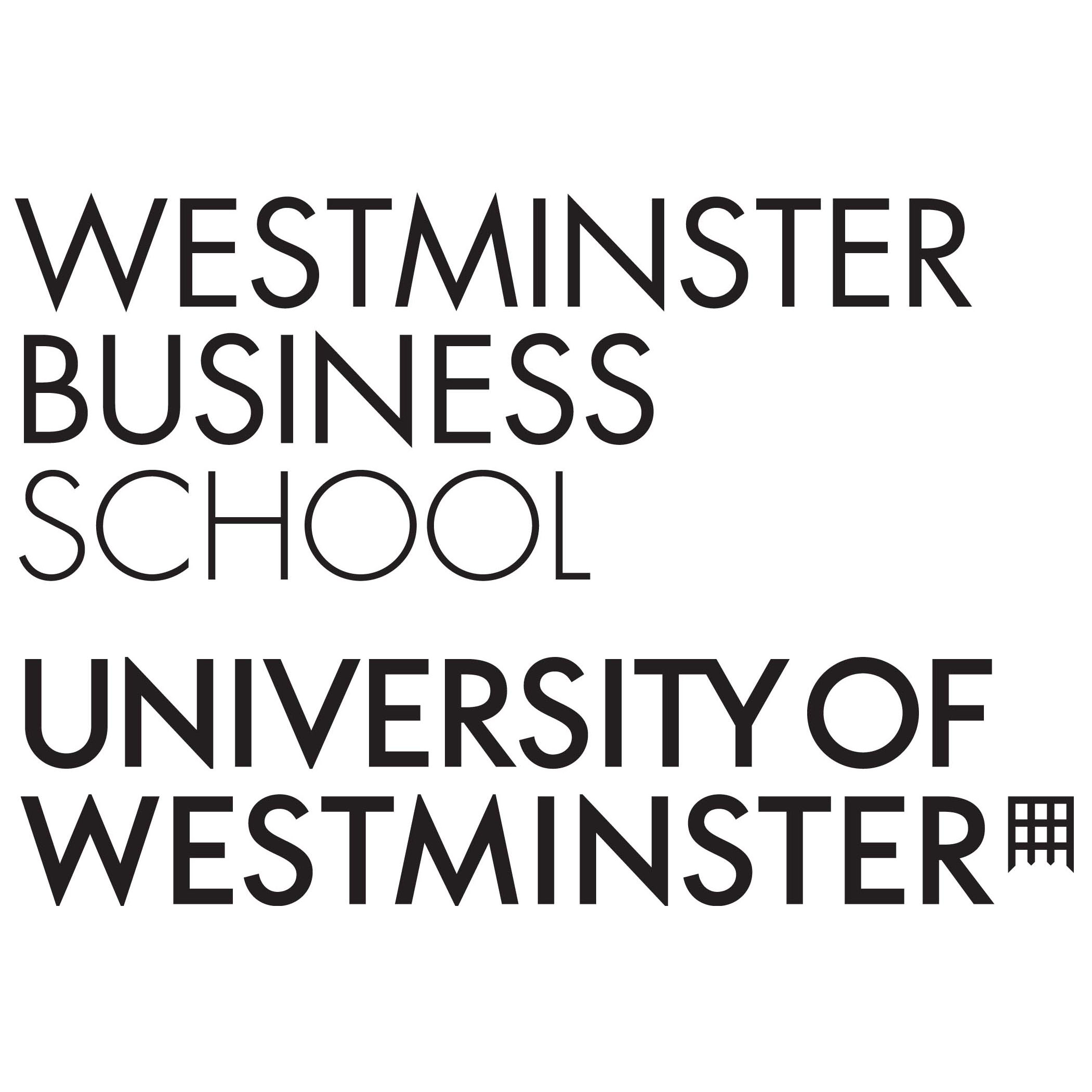Economic inequality within UK universities is more prominent than ever. Especially, in the wake of the cost of living crisis. This blog will take a dive into how this crisis has affected students’ choices.

Economic inequality is a lived reality for many students. Studies reveal that the educational system within the UK has failed to tackle inequality and instead thrives off of preserving it. This gap has proven to be evident from early schooling and unfortunately, persists into higher education. The inequality becomes astonishingly highlighted in higher education where students from disadvantaged households face immense hurdles in both accessing and succeeding in their studies. Hurdles begin when students find it hard to pay for transport to attend university or even fail to have the means to pay for accommodation. These are just some of the many problems that students face.
The Cost of Living Crisis
The Cost of living crisis has exacerbated the struggles of students from lower income families with many being forced to make difficult decisions such as balancing the need to finance their education with common basic living expenses. With such immense pressure, some students are often left with little to no choice: they either drop out or endure significant hardships just to continue their studies. The rising prices of essentials like food and energy continues to prove itself as a huge barrier to students’ academic success. Unfortunately, these economic disparities will often manifest into impacting students’ future earning and social mobility, therefore, perpetuating a cycle of inequality.
Addressing the Gap
Fortunately, there are avenues for support. Universities and other educational institutions can often play a crucial role in providing assistance to those in most need of it.
Financial Aid and Scholarships: Certain universities may provide robust financial aid packages and scholarships which can often help to alleviate the financial burdens that some students may have. Here at Westminster, we provide a range of scholarships as we pride ourselves in overcoming economic barriers.
Flexible Learning Options: University institutions may provide part-time or online learning options which can therefore assist students who need to work whilst studying. If you study or plan to study, at Westminster, it is worth looking out for their part-time options.
Mentorship and Support Services: Implementing these programmes and enhancing support services can provide students with the guidance and resources that they may need in order to navigate their academic journey.
University of Westminster have made sure to implement many resources that are widely available to their students, making it known that they do not believe a student’s economic status should hinder their education. From grants to scholarships, Westminster pride themselves in aiding opportunity for all.
Please click here for funding information.
The issue of economic inequality within UK universities is multifaceted and deeply rooted. In order to change, this issue requires significant efforts from educational institutions, policy makers, and communities. It is indeed possible to create a more equitable and more inclusive educational environment so let us all work towards that.
